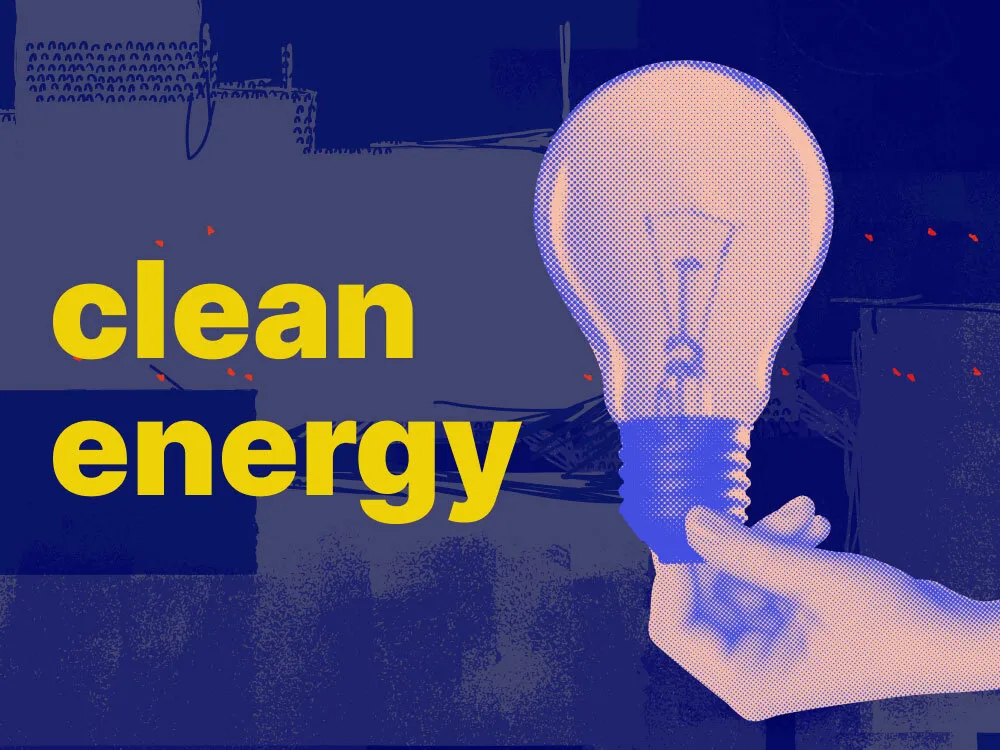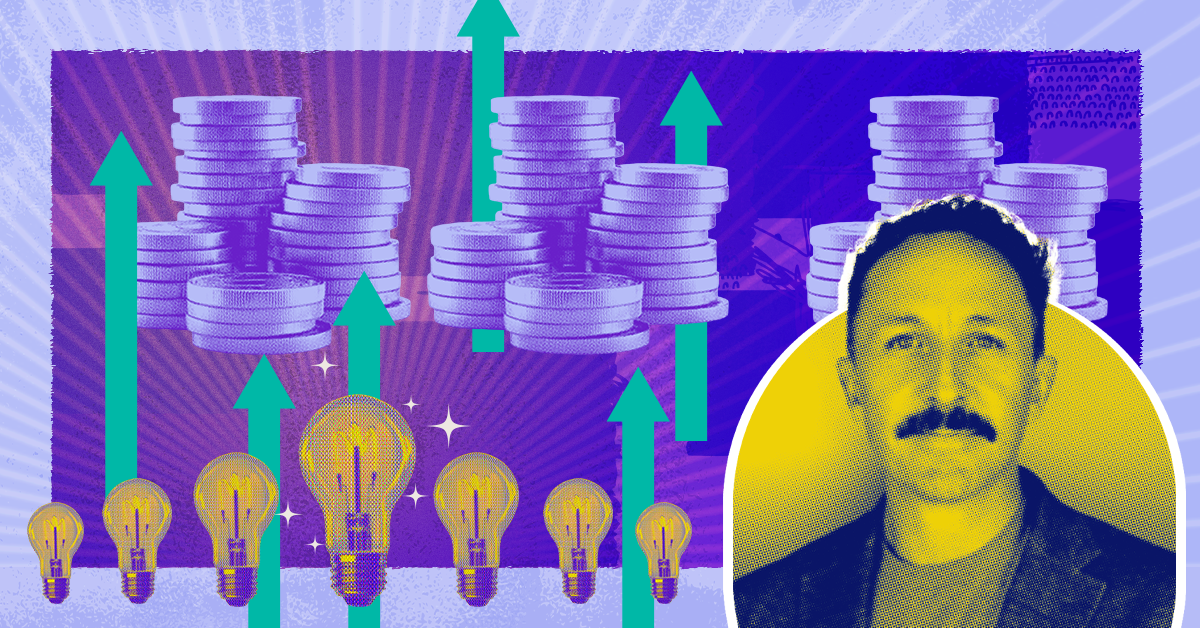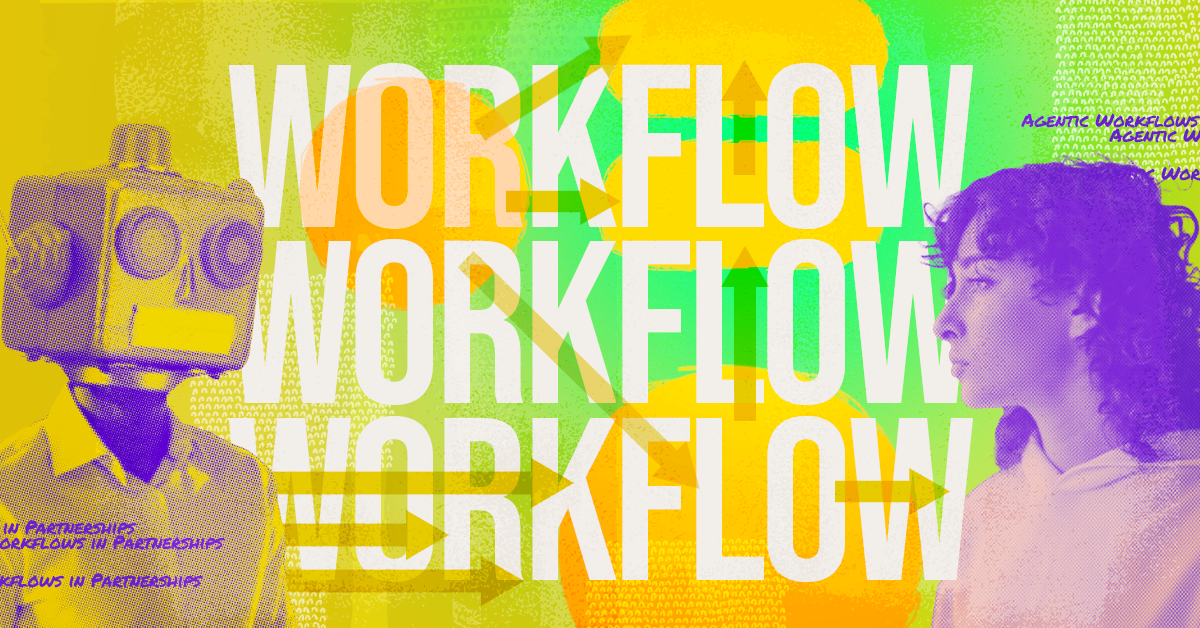Tech has improved our work lives in countless ways, from workflows and collaboration to accessibility and beyond. However, technology is also crucial in driving social change and addressing current issues. These days, many tech companies are delivering technology that empowers nonprofit organizations to reach larger audiences and that creates solutions for specific missions.
Traditional tech companies focus on revenue and ROI, but these SaaS companies link success with impact. They use tech solutions, tools and platforms to drive social and environmental change.
Like traditional nonprofits, some of these companies fund themselves with grants and donations. They can also partner with conventional tech companies for support and generate revenue through their products and services. Any surplus revenue returns to the mission rather than its investors or founders.
Read on to learn more about five leading SaaS companies that are either doing the good work or supporting the work of nonprofit organizations.
Needslist
This B2B marketplace links local nonprofits to each other and to donors to serve a community’s urgent needs, helping citizens receive help and support faster. Needslist has been creating effective crisis management since its launch in 2018, matching needs with a network of partners. It uses tech to create a list of essentials required within a community and tracks the fulfillment of those needs in real-time.
Needslist also partners with local aid organizations and suppliers to deliver efficient help. Currently, more than 750 partners employ its tools. So far, it has delivered $35 million to local communities, impacting more than 800,000 lives. Needslist has used its tech to help Ukrainians displaced by the war, Afghan refugees entering the United States, citizens in the Bahamas affected by Hurricane Dorian and more.
Beyond serving as a marketplace that connects nonprofits to each other, Needslist also enables everyday citizens to donate money, purchase products or volunteer on the platform. The company earns revenue through affiliates and its enterprise users and is expected to continue scaling in 2024: this past January, the mutualistic tech-for-good company Armillaria acquired Needslist with the goal of further improving its community crisis management.

Riipen
You need experience to get a job, but you need a job to gain experience. That frustrating cycle inspired Riipen’s 2013 launch when it began as an entrepreneurship project at the University of Victoria. Since then, the SaaS company has used its tech platform to support student development. It provides networking and job opportunities with companies that have projects and assignments to offer students or recent grads. The goal is to lower graduate unemployment and help emerging talent foster opportunities by providing them with relevant skills.
Since its inception, Riipen has taken its mission globally by helping more than 136,000 students across 640 post-secondary institutions and training providers. It partners with more than 35,000 companies and entities, including RBC, ACCESS Employment, Diverse Tech Talent Program and The U.S. Chamber of Commerce.
The company has partnered with PartnerStack to foster continued growth and cater to the enablement needs of its multiple partner personas. Today, Riipen is the leading marketplace for experiential learning collaborations across North America.
Related: How Riipen builds enablement for their four different partner personas.
WattTime
Many companies want to choose cleaner energy but lack the resources to do so effectively. Enter this environmental tech nonprofit, which aims to empower companies, policymakers and countries to reduce overall emissions.
Founded in 2014 by UC Berkeley researchers and developed with the help of dozens of software coders and volunteers across several disciplines, WattTime delivers automated emissions reduction. The technology provides solutions that give customers the choice to source and use clean energy, providing a path toward a zero-carbon future.
This past April, WattTime was selected for Salesforce’s climate-focused AI for Impact accelerator program, an initiative to help purpose-driven organizations implement trusted generative AI technologies. Through it, the company plans to scale the reach of its marginal emissions data signal and API. By building on the tools it already delivers, WattTime believes it can help reduce more than nine gigatons of carbon dioxide annually.

Good Party
Good Party believes that politics shouldn’t be about money; it should be about people. To foster that idea, they build free and low-cost tech that empowers everyday people (and young people!) to run effective political campaigns. It provides resources free of corrupting influences, with the goal of moving toward a more representative and democratic society.
The company uses AI tools to help independent candidates manage campaign staff and volunteers, organize data, access polling data, monitor spending, target voters, optimize social media and fundraise. It also recruits and trains candidates, enabling them to run viable campaigns that have traditionally only been available to wealthy or connected candidates.
Fundraise Up
Fundraise Up aims to unlock the world’s generosity potential by optimizing how people give. Founded in 2017, this SaaS business streamlines the donation process for companies by implementing technology commonly used in eCommerce. By improving and personalizing the donor experience, proving modern payment methods and establishing easy ways to increase conversion, it helps boost overall donations.
More than 3,000 nonprofits, including Unicef, The Salvation Army and Ronald McDonald House Charities are now using Fundraise Up to increase revenues and grow overall donors. Rather than charging set fees, Fundraise Up collects a percentage of each transaction.
Partners are key to driving that business; the company works with PartnerStack and integration partners Crossbeam and Partner Fleet for a tech stack that has enabled them to close deals 20% faster.
How tech (and you) can benefit nonprofits
As the world continues to embrace technology, its usefulness in the nonprofit space grows. Tech allows nonprofit companies to expand their reach and impact, implement data-driven decisions, collaborate with new partners and scale to new heights. By leveraging technology, digital tools and strategies, nonprofits are creating positive social change at a ground level unlike ever before.
If you’re interested in getting involved, nonprofit tech companies are usually looking for financial contributions. However, they can also benefit from volunteers, word-of-mouth and social media, in-kind support, corporate support and partnerships. Many of these companies, including those that work with PartnerStack, are always willing to scale alongside like minded leaders and teams to create a better future.

















